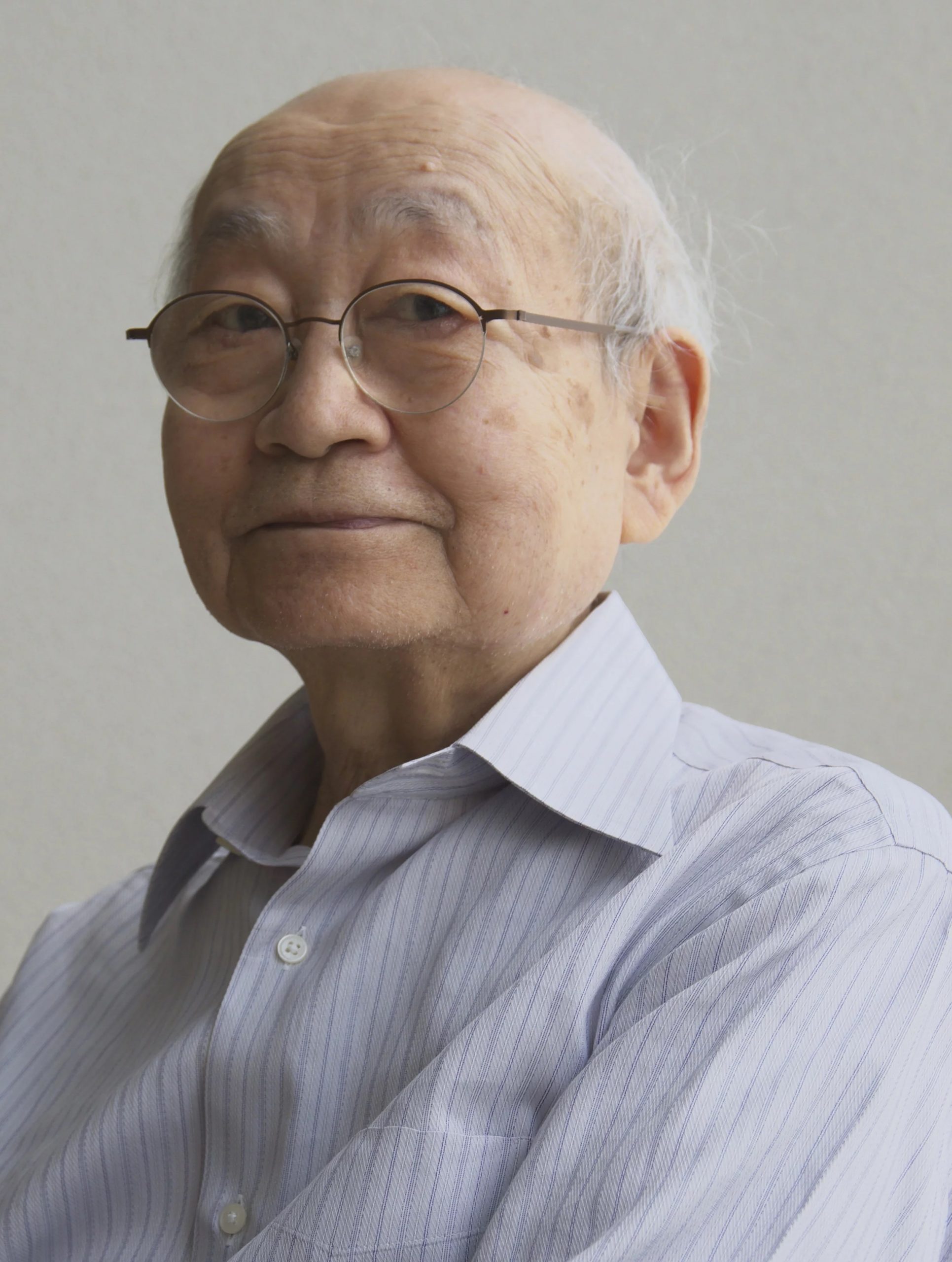 Full Name:
Full Name:Hayashi Hikaru
Occupation / Title:Date of birth:22/10/1931
Date of death:05/01/2012
Birthplace:Tokyo, Japan
Biography
Hikaru Hayashi was a renowned Japanese composer, pianist, and conductor. Throughout his career, he composed more than 30 operas, and 100 film scores. Hayashi was also an active music critic for a Japanese newspaper, and wrote 20 books. He is best known for his pieces reflecting his pacifist beliefs.
Family and early life
Hayashi was born on October 22, 1931, in Tokyo, Japan. Hayashi was the cousin of flutist Ririko Hayashi. As a child, Hayashi was a musical prodigy beginning piano lessons at the age of four and composed numerous full-length chamber music and orchestral works by the age of ten.
Career outline
After dropping out of Tokyo University of the Arts in 1953, he helped organize Yagi no Kai (the Association of the Goat) with other young composers such as Michio Mamiya and Yuzo Toyama. The group aimed to develop a fresh Japanese spirit in their music style that was different from the wartime ultranationalistic music of the period. The members’ composition titles reflected the group’s strong-political bias towards socialism and the independence of citizens.
It was also in that year that Hayashi composed his first major work, Symphony in G, which won the 1953 Grand Prize at the Art Festival of Japan. Hayashi’s early career consisted of many operas like Hadaka no ōsama (The Emperor’s New Clothes, 1955).
In 1958, Hayashi toured mainland China with the Matsuyama Ballet Company, where his ballet composition, Haku mo jo, was enthusiastically received.
From 1959-1960, Hayashi joined other young artists as part of Wakai Nikhon no Kai (the Young Japan Society) in the Anpo protests against revisions to the U.S.-Japan Security Treaty. Hayashi also joined Sakkyokuka sudan (the Composers’ Group), which aimed to bring together young composers from different schools of thought to promote creative Japanese music. In the fall of 1960, as the protests died down, Hayashi penned several ballads about the demonstrations. One of his most known works included “6/15,” dedicated to Tokyo University student Michiko Kanba, who had been killed in the protests.
Throughout the Anpo protests, several young members become increasingly frustrated with the organization of the demonstrations. Following the end of the protests, Hayashi helped co-found the Seinen Geijutsu Gekijō (the Youth Art Theater), a theater troupe performing radical political statements.
From 1972 to his death in 2012, Hayashi became the music director of a small-scale opera group, Konnyaku-za, where he wrote a series of chamber operas with piano accompaniment.
Personal style
Throughout his career, Hayashi wrote a lot of theatre, choir, and chamber music that displayed his knowledge of European and Japanese music. Known for his theatre-opera style for theatre performances, Hayashi also wrote many of his own texts based on the classics, popular music, and often with touches on political issues.
In the 1980s, Hayashi began to combine Okinawan folk music and Baroque polyphony with his more classical compositional style.
Influences
Hayashi’s music draws inspiration from Japanese elements, including language, poetry, and sociopolitical themes.
Honors and awards
1953 – Grand Prize at the Art Festival of Japan (Symphony G)
1956 – Otaka Prize (for the Variations for orchestra)
1959 – Mainichi Cinema Competition Music Award for Best Music (Lucky Dragon Number 5 film score)
1961 – Music Award at the 1961 Moscow Cinema Festival
1982 – Mainichi Cinema Competition Music Award for Best Music (The Unfinished Match film score)
1996 – Otaka Prize (for the Viola Concerto)
1998 – 30th Suntory Music Award
2011 – Mainichi Cinema Competition Music Award for Best Music (Postcard film score)
Filmography
[Show/Hide]
References:
Galliano, Luciana. Yōgaku Japanese Music in the Twentieth Century. Scarecrow Press, 2002.
Kanazawa, Masakata, and Judith Herd. “Hayashi, Hikaru.” Oxford Music Online, 20 Jan. 2001, https://doi.org/10.1093/gmo/9781561592630.article.12611.
Kanazawa, Masakata. “Hayashi, Hikaru (Opera).” Oxford Music Online, 1 Dec. 1992, https://doi.org/10.1093/gmo/9781561592630.article.o902123.
Kapur, Nick. Japan at the Crossroads. Harvard University Press, 2018.
Yoko Maruyama, “Hayashi, Hikaru,” Piano Teachers’ National Association, last modified April 24, 2018, https://enc.piano.or.jp/persons/241.
